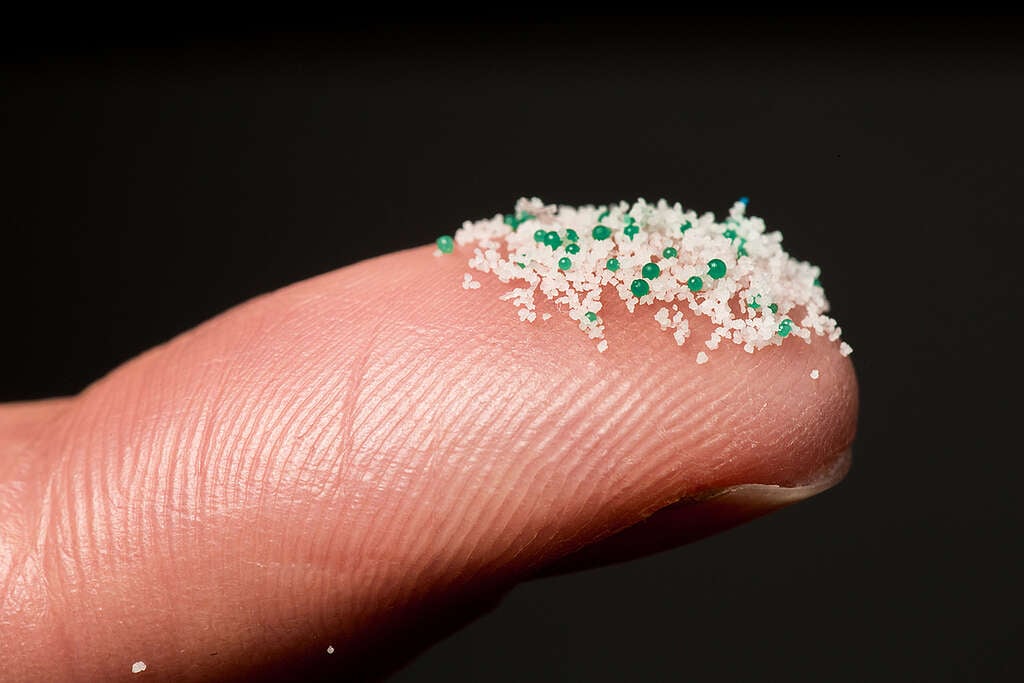
The impacts of plastic on human health
99% of plastics are made from fossil fuels, and they are harmful at every stage of the plastics lifecycle — from production, to use, to disposal. Plastics are made with over 16,000 chemicals, with more than 4,000 known to be harmful to human health.
The plastics problem
Recycling plastics can even increase the concentration of these toxic chemicals, making it both an ineffective and dangerous solution. Chemicals in plastics have been linked to a range of serious health issues including endocrine disruption, cancers, reproductive disorders, metabolic changes, obesity, premature birth, early puberty, neurological issues, immune dysfunction, respiratory problems, diabetes, heart disease, and learning disabilities.
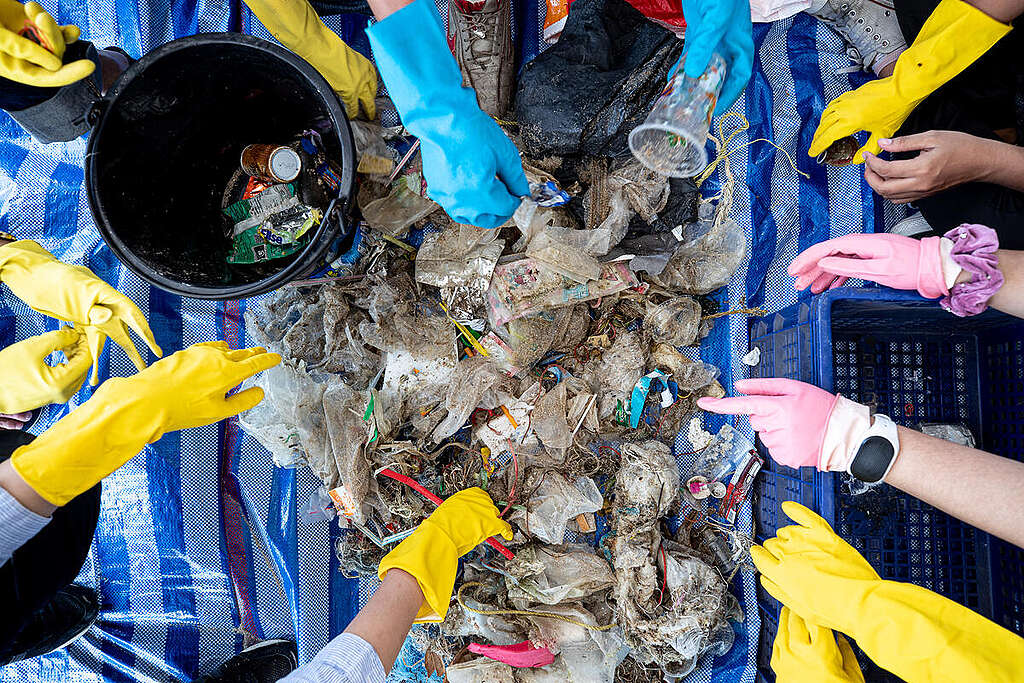
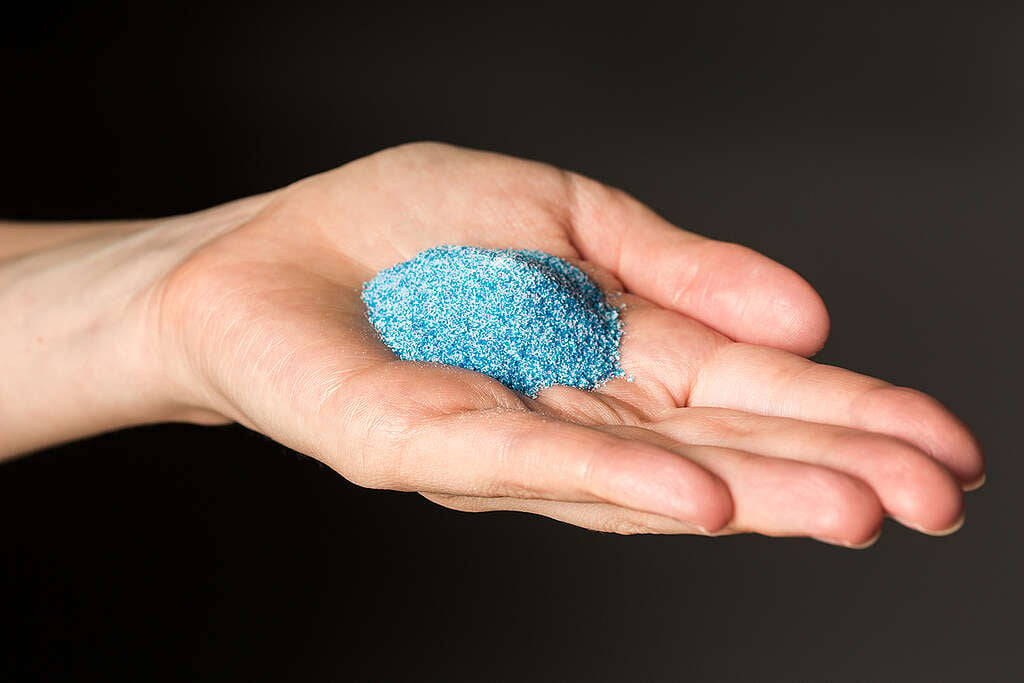
Microplastics
Plastics do not break down. Instead, microplastics, tiny pieces of plastic, are created as plastics shed and degrade — and they end up everywhere: in the air, waterways, agricultural soils, rivers, and oceans. Bottles, bags, and other plastic junk gradually break into smaller and smaller pieces, which though invisible to the naked eye, cause serious damage to the ecosystems in which they are found.
Over two-thirds of the plastic in our oceans sinks to the seafloor, creating an ever-growing wasteland all along the water column beneath the waves. Awareness of ocean plastic pollution has grown, but concern has also expanded to its impact on other ecosystems and wildlife, food and water supplies, and human health.
The harmful chemicals in plastics
Microplastics have been found in human blood, feces, lungs, breast milk, placentas, hearts, and stomachs. While the full impact on human health is still unclear, we do know that many of the chemicals in plastics are known to be harmful to our health.
Plastics contain harmful chemicals like phthalates, forever chemicals (PFAS), bisphenols, polyvinyl chloride (PVC), and benzotriazoles, which are linked to serious health issues, including hormone disruption, cancer, reproductive problems, metabolic changes, obesity, premature births, neurological disorders, and learning disabilities.
Plastic pollution impacts everyone, but low-income communities living near production, disposal, and incineration sites bear the heaviest burden. They experience higher exposure to toxins and more severe health impacts. This pattern is seen worldwide, as marginalized communities are disproportionately impacted by the plastics industry — from incinerators and landfills to petrochemical facilities and polluted waterways, and excessive single-use plastic packaging pushed onto them.
Though a myriad of brands contribute to the ongoing plastic crisis, right now, big brands such as The Coca-Cola Company, PepsiCo, Nestlé, and Unilever are among the world’s worst plastic polluters. Their continued addiction to this harmful material is fueling climate chaos and jeopardizing communities in the name of profits.
Learn more about…
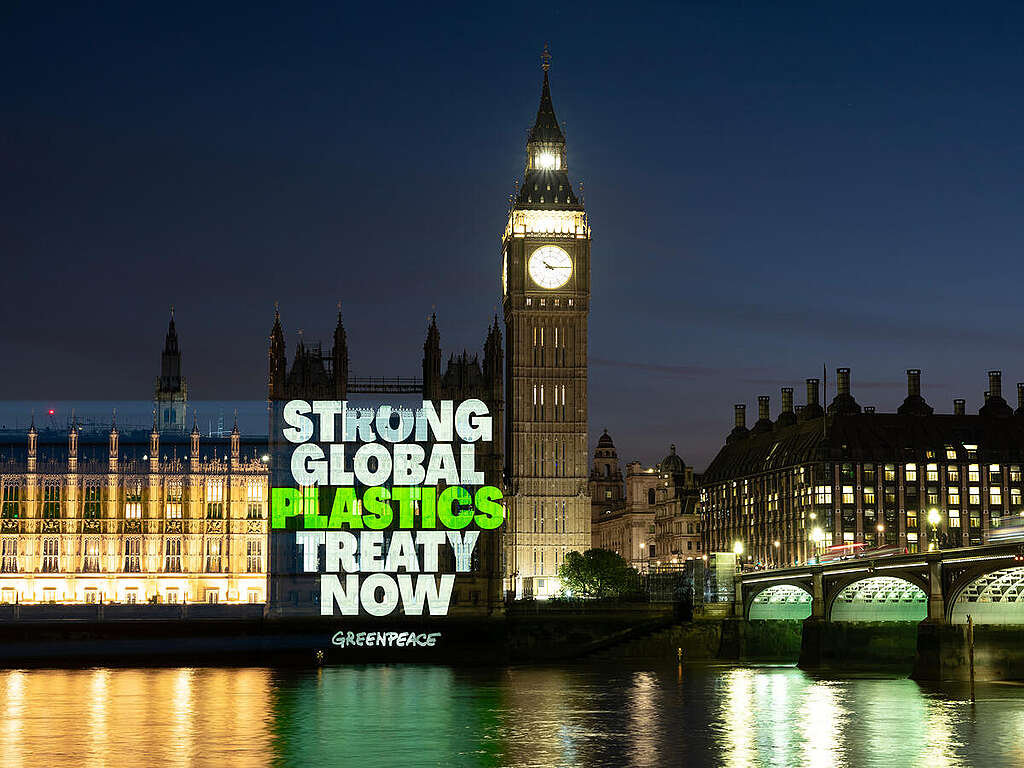
The Global Plastics Treaty
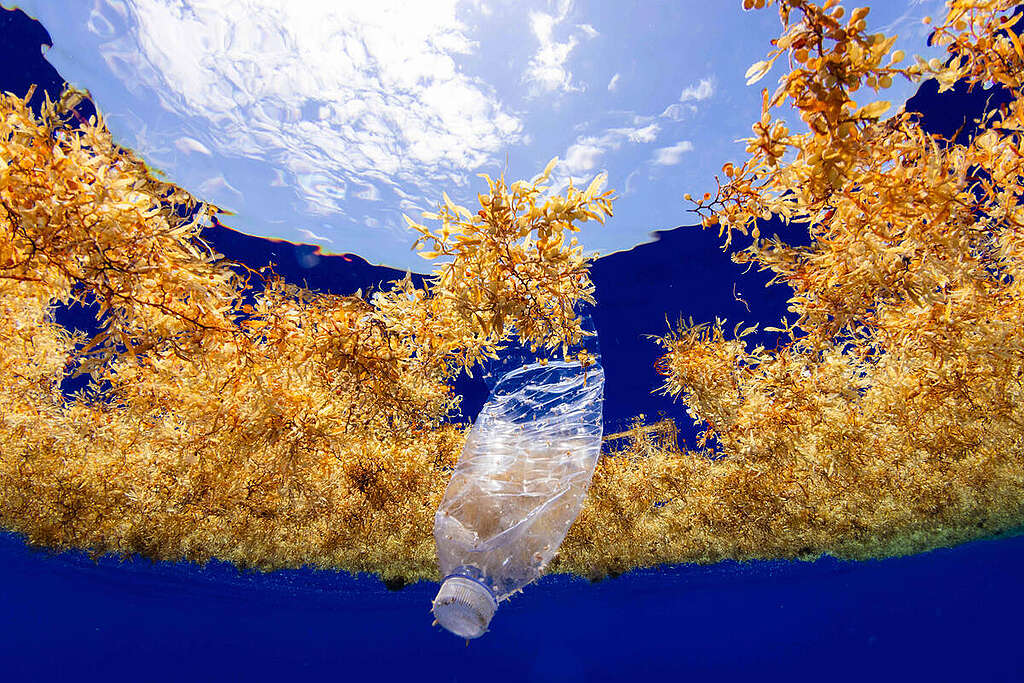
The myths of recycling
-

New Analysis of Five Major U.S. LNG Export Projects Finds Every One Fails the “Climate Test”
The new analysis shows that U.S. LNG export projects displace renewable energy and drive up emissions – making them incompatible with a livable climate
-

The ‘Big, Beautiful’ Blunder: a bill that will live in infamy
WASHINGTON, D.C. (July 1, 2025)—In response to the passage of the “Big Beautiful Bill” in the United States Senate, Greenpeace USA Deputy Climate Program Director, John Noël, said: “This is…
-

Wrecking the future: the Trump war on the ocean, climate, and communities
Wrecking the future: The Trump war on the ocean, climate, and communities. Dismantling climate and oceans protections.
-
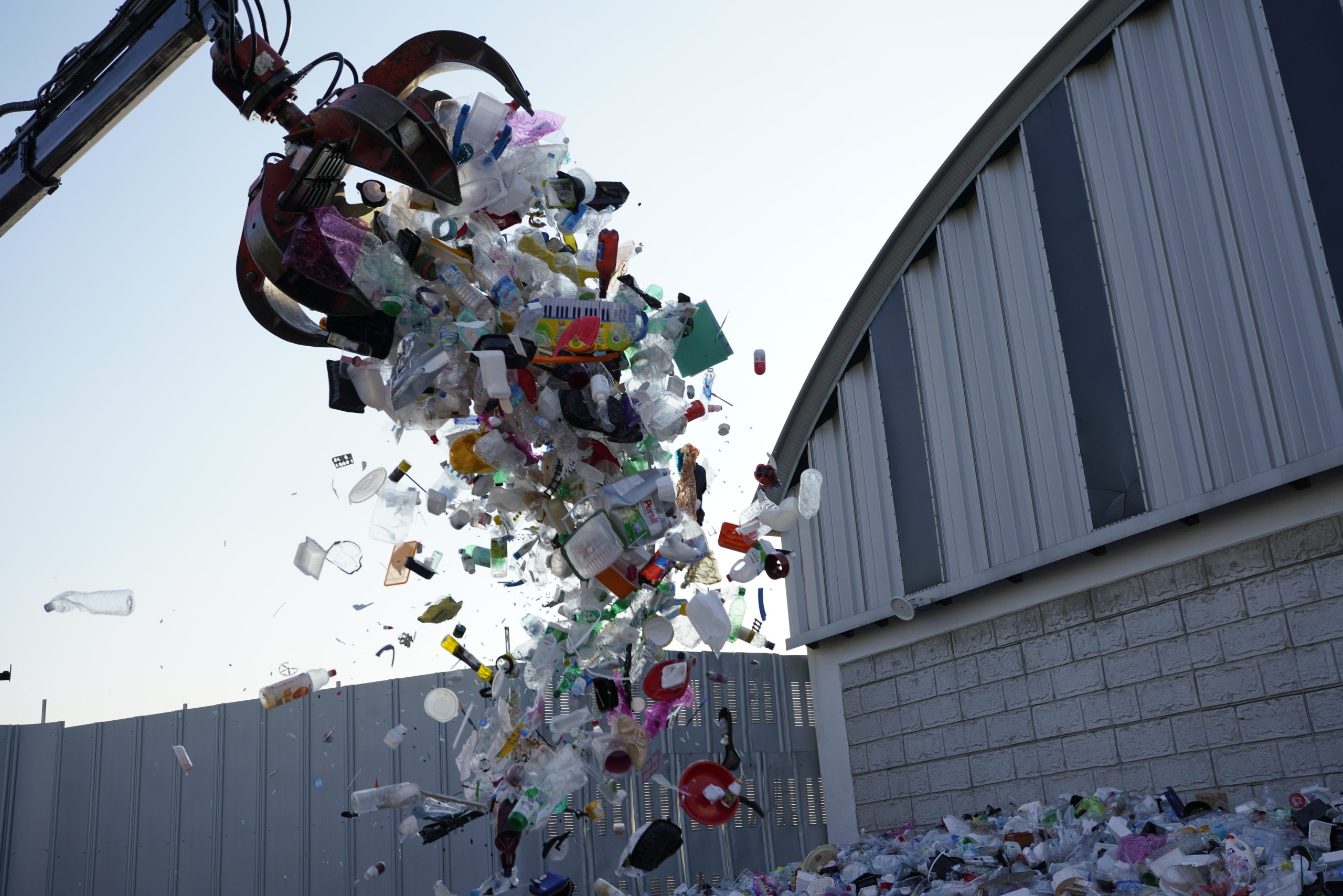
Forever Toxic: The science on health threats from plastic recycling
Without dramatically reducing plastic production, it will be impossible to end plastic pollution and eliminate the health threats from chemicals in plastics.
-

The Making of an Echo Chamber: How the plastic industry exploited anxiety about COVID-19 to attack reusable bags
In a new research brief, Greenpeace USA details the ways the plastics industry is exploiting people’s fears around COVID-19. Through front groups, corporate-funded research, and misrepresentation of scientific studies, the…
-
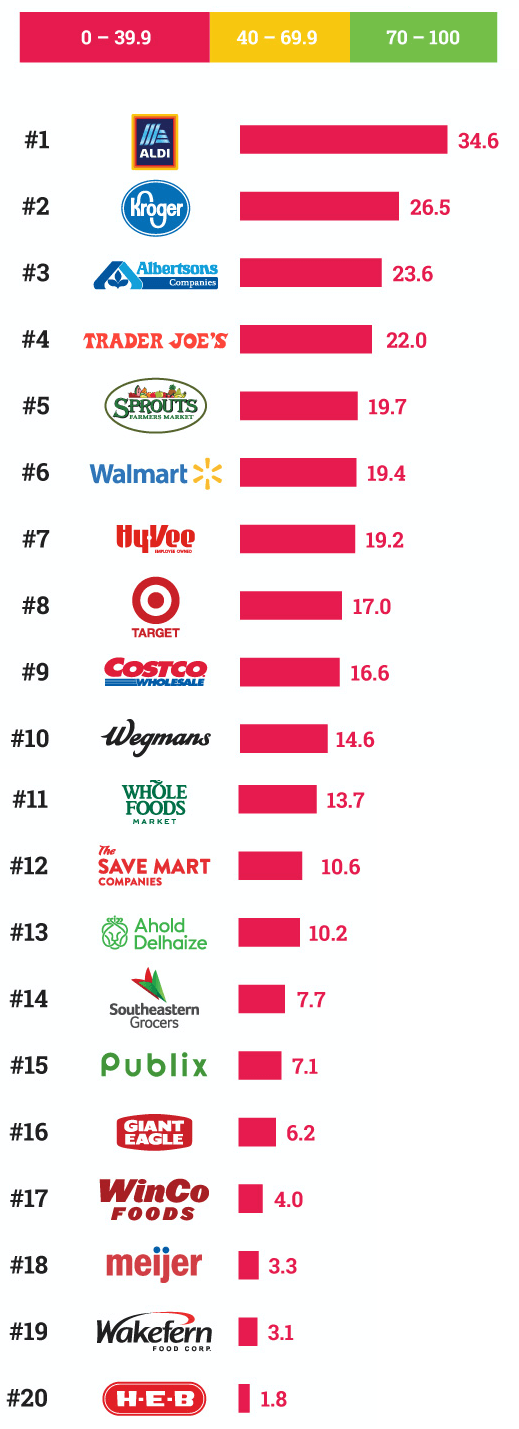
Greenpeace Report: Packaging Away the Planet
The entire lifecycle of plastic production, use, and disposal is destroying our communities and environment.
